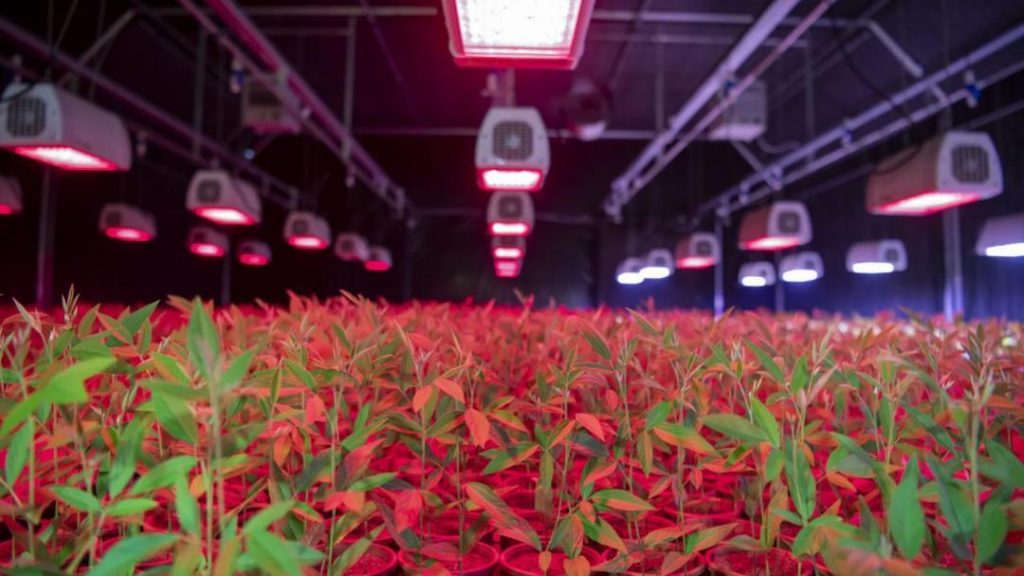
ICRISAT Develops World’s First Heat Tolerant Pigeonpea Variety
In a breakthrough achievement, scientists at the International Crops Research Institute for the Semi-Arid Tropics (ICRISAT) have developed the world’s first heat-tolerant pigeonpea variety, ICPV 25444. This new variety is specifically bred to withstand extreme heat and matures in just 125 days, making it a game-changer for farmers worldwide. What’s more impressive is that it can yield up to 2 tons per hectare, even under temperatures as high as 45 degree Celsius.
Pigeonpea is a popular legume crop in many parts of the world, particularly in Asia and Africa. However, it is often affected by heat stress, which can significantly reduce its yield and quality. With the global temperature rising, the need for heat-tolerant crops has become more pressing than ever. ICRISAT’s new variety addresses this pressing issue, offering farmers a reliable and high-yielding solution.
ICPV 25444 was developed using speed breeding, a cutting-edge technique that accelerates the breeding process by up to 10 times. This innovative approach allows scientists to evaluate multiple generations of crops in a much shorter period, enabling them to identify and select for desirable traits more quickly.
The development of ICPV 25444 is a testament to ICRISAT’s commitment to improving the livelihoods of smallholder farmers in the semi-arid tropics. The institute has been working tirelessly to develop climate-resilient crops that can thrive in challenging environments, where temperature and water stress are common.
ICPV 25444 boasts several benefits that make it an attractive option for farmers. Its heat tolerance allows it to grow well in areas where other pigeonpea varieties would struggle, making it an ideal choice for farmers who face frequent heatwaves. Additionally, its short maturity period means that farmers can harvest their crop quickly, reducing the risk of crop loss due to pests and diseases.
The new variety is also high-yielding, with the potential to produce up to 2 tons per hectare. This is significantly higher than the average yield of traditional pigeonpea varieties, which can range from 0.5 to 1 ton per hectare. With ICPV 25444, farmers can increase their income and improve their overall livelihoods.
ICRISAT’s achievement is not only significant for pigeonpea farmers but also for the broader agriculture sector. The development of heat-tolerant crops like ICPV 25444 can help farmers adapt to climate change, which is expected to become a major challenge in the coming years. As temperatures continue to rise, crops that can withstand heat stress will become increasingly important for ensuring food security and sustainable agriculture.
The introduction of ICPV 25444 is also expected to have a positive impact on the environment. Legume crops like pigeonpea are known to have a lower carbon footprint compared to other crops, and their ability to fix atmospheric nitrogen makes them a more sustainable option for farmers.
In conclusion, the development of ICPV 25444 by ICRISAT is a significant breakthrough in crop breeding. This new variety offers farmers a reliable and high-yielding solution for growing pigeonpea in challenging environments. As the global climate continues to change, the need for heat-tolerant crops like ICPV 25444 will only increase. With its potential to improve the livelihoods of smallholder farmers and contribute to a more sustainable agriculture sector, ICPV 25444 is a game-changer for agriculture worldwide.






